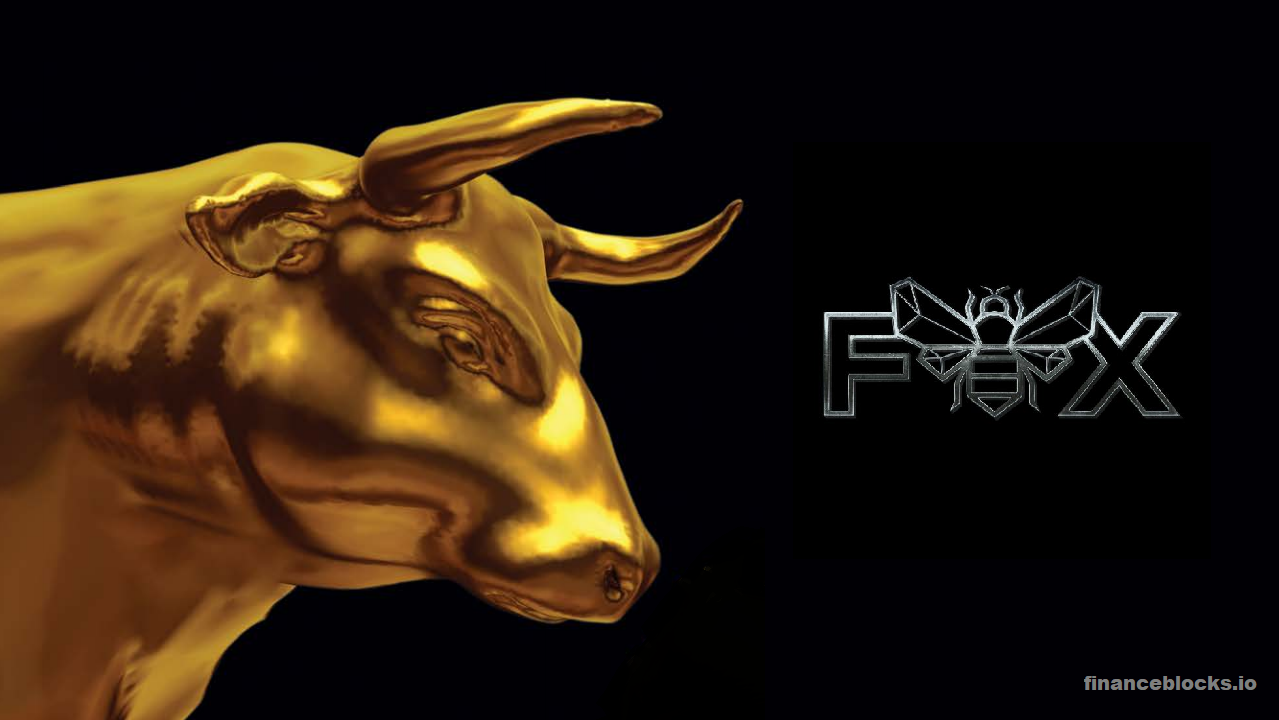What is Private Currency?
Private currency is a currency that is issued by a private organization or individual, rather than a government. Private currencies are not legal tender and are not backed by a central bank. They are usually used as a form of bartering or as a means of payment within a specific community.
History of Private Currency
Private currencies have been used throughout history. The earliest known private currency was issued in China in the 9th century by merchants who wanted to avoid using the government’s money.
In the 18th century, private notes were issued in the United States as a type of currency. These notes were not backed by any government and were issued by individuals and businesses.
In the 19th century, private banks began to issue notes and coins that were accepted as currency.
In the 20th century, private companies began to issue their own money in the form of gift certificates, company scrip, and other forms of private currency. These forms of currency are still used today in some places.
Benefits of $FBX Private Currency
1. Increased Financial Security: $FBX is not subject to the same economic cycles and market fluctuations as government-backed currencies, meaning that users can be confident that their money is safe and secure.
2. Greater Financial Privacy: $FBX can help to protect users from government surveillance, as they are outside of the traditional banking system and do not require users to submit the same level of personal information in order to use them.
3. Lower Transaction Fees: $FBX has significantly lower transaction fees than government-backed currencies, making them ideal for international payments.
4. More Accessible Payment Options: $FBX will offer users more payment options than traditional banking systems, including peer-to-peer payments and mobile payments.
5. Reduced Inflation Risk: $FBX is not subject to the same level of inflation as government-backed currencies, meaning that users can be confident that their money will hold its value.









